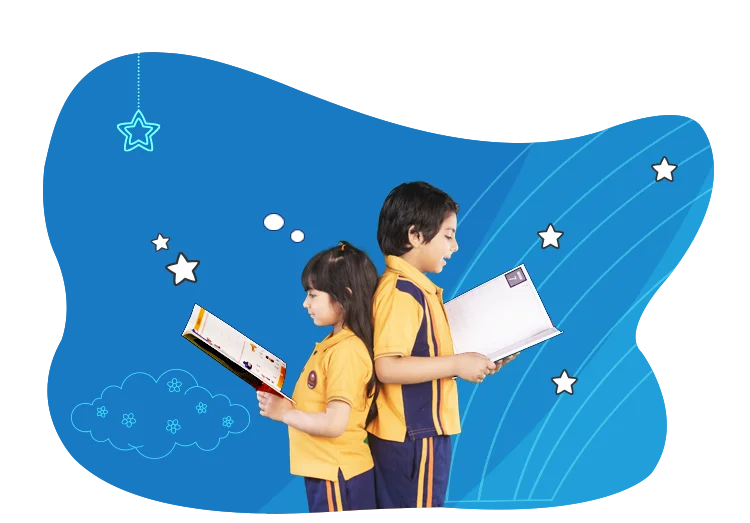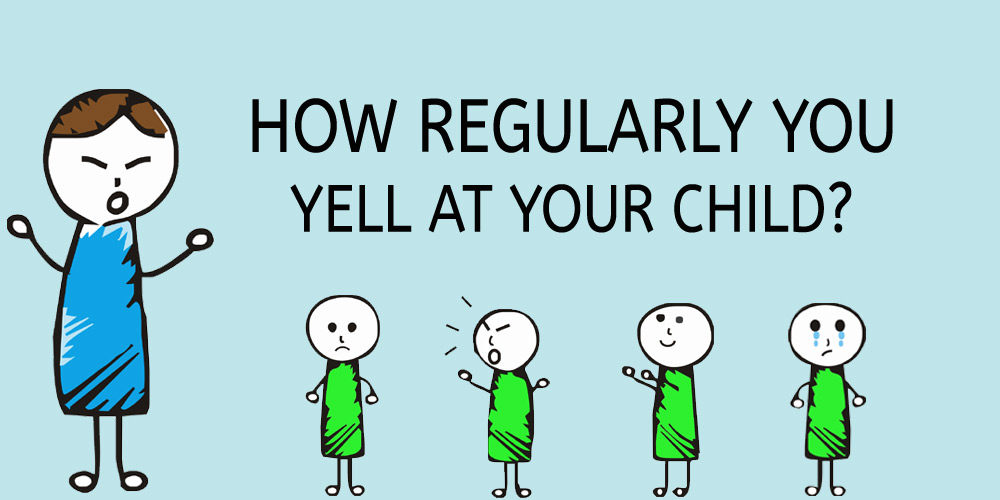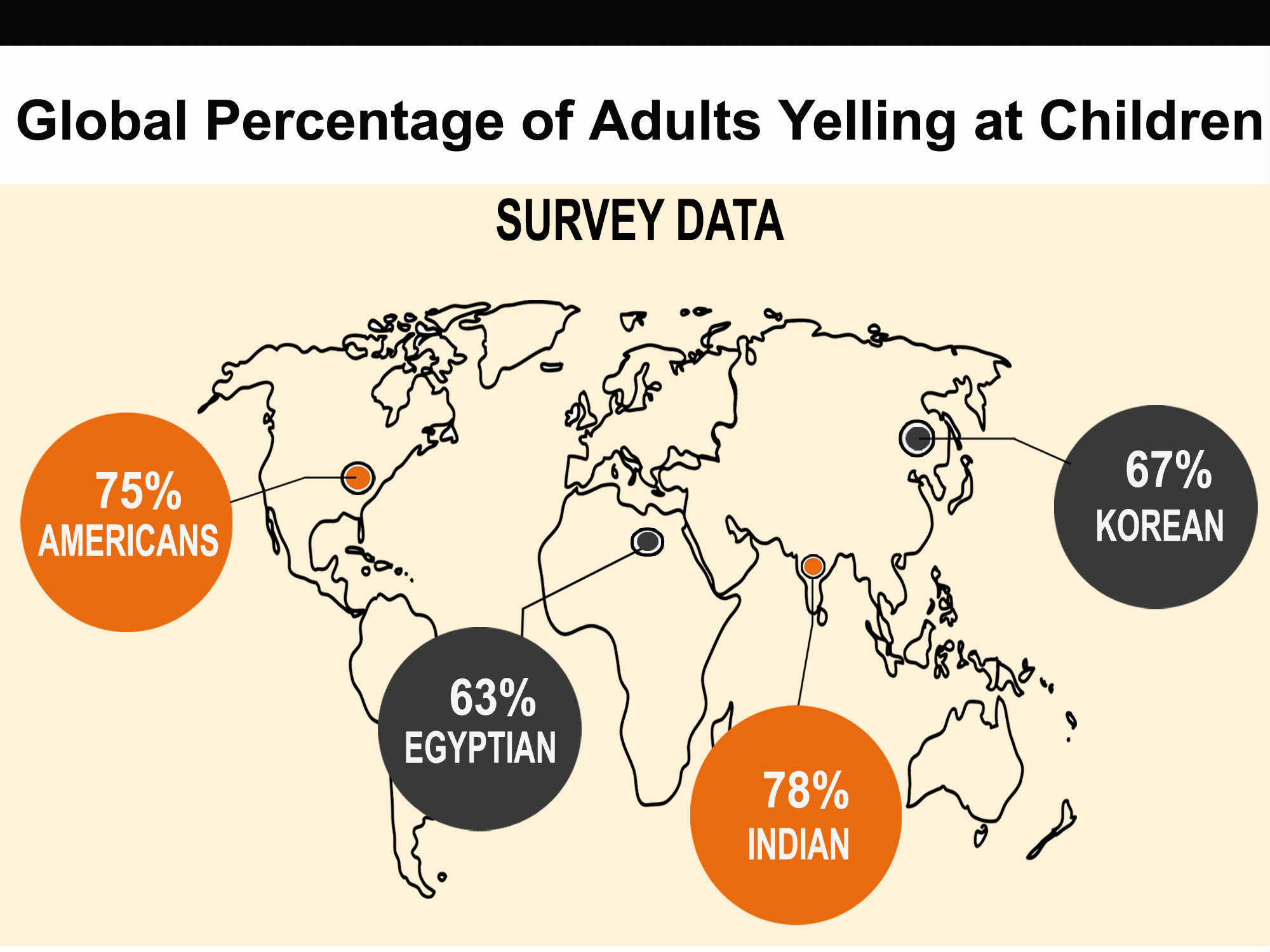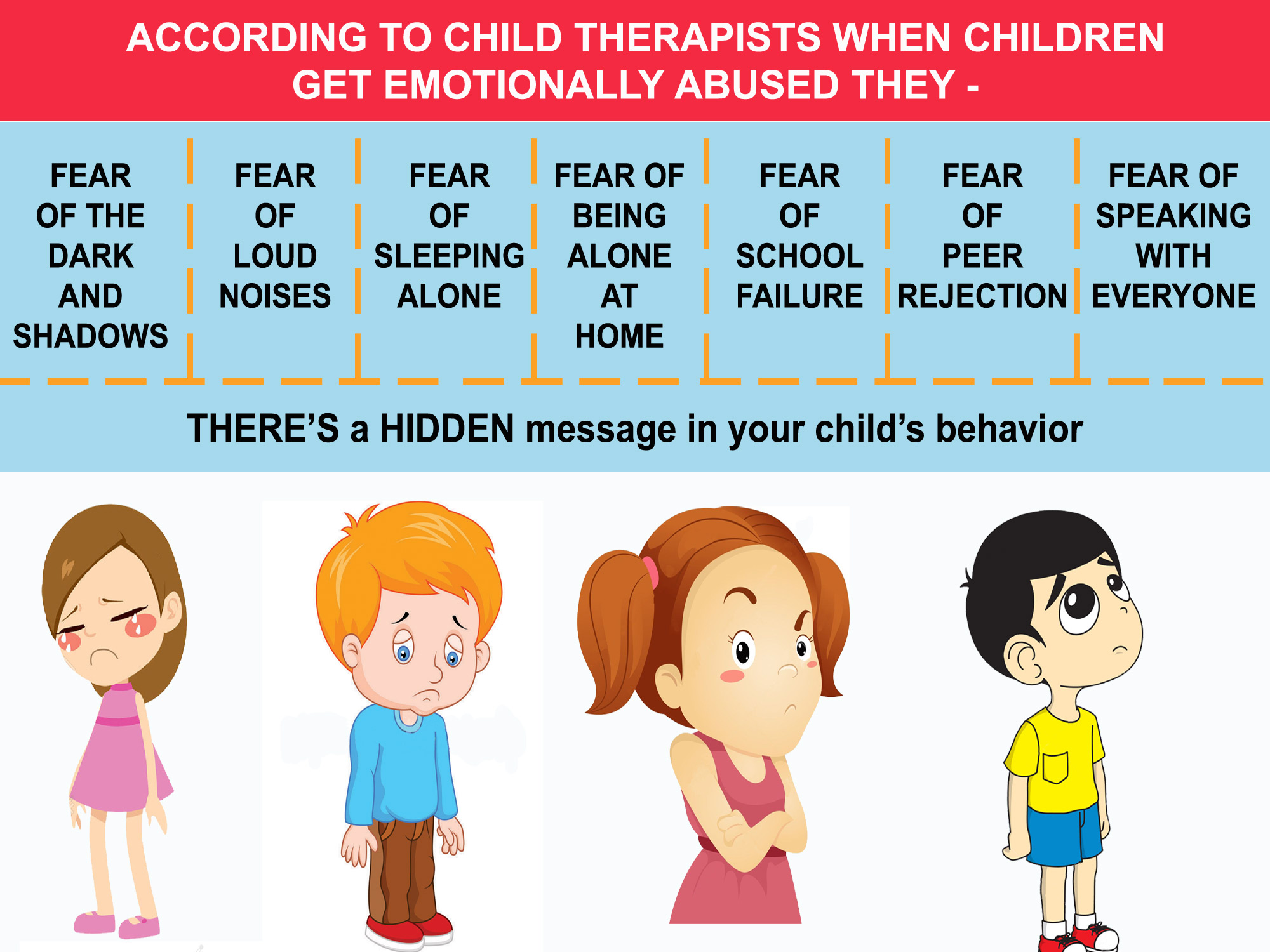Effects of Yelling at Your Children
Parenting can be a tough task. As a lot of parents find out, no amount of advice & care can really prepare you for what is to come. Children can be erratic in their behavior, they can be extremely stubborn and demanding. And such situations are not at all easy to deal with. Emotions can get better of us at most of these occasions. However, being a parent is a responsibility that demands us to gain control on ourselves even in the most difficult of times.
So what do we do when children just won’t listen to anything or anyone? Do we begin to & continue yelling at them, while knowing in our heart that it is not the right thing to do? We all realize somewhere that yelling is not correct, that it can have undesirable consequences. But, how damaging these consequences can be is something not all of us realize. Everyone from psychologists to social activists working in this field would tell us that it can be crucial to the way the child develops.
Take a look at this data.
To say that yelling can have long term consequences on the growth of the child is not something which is common knowledge, but one that needs to be communicated. And such an understanding, of the impact, if communicated properly & adequately, can really motivate all parents from rising above the natural impulse of yelling at children in difficult times. Let us consider some of the widely accepted consequences that can result from yelling at children.
Low self-confidence
Self-confidence has a lot to do with how the child is brought up. It relates to the feeling of self-dependency, belief in our own abilities, knowing our own worth, respect & more. In other words, a self-confident child is capable of creating a very rich world around themselves. However, a persisting experience of yelling & being shouted at can dent this self-confidence immensely. It makes the child question their choices, their actions & makes them unsure in their actions. It can also lead to anxiety, constant need for approval & pressure of being right at all times. Every negative experience further makes it more difficult.
Aggressive Behavior
Yelling can have wide ranging & sundry impacts on different children. It also depends a lot on where you are placed in society. Aggressive behavior is one such fallout. Children can become short-tempered, fidgety, & impulsive. This has a huge impact on their relations with their peers. Any small incident can lead to outbursts that are difficult to control.
Fear
Fear, or constant fear of parents is another common effect that emerges in children as a result of yelling & scolding. Such fear can make a child very quiet, and s/he is not able to express themselves openly. The friendly relation that a child must have with their parent also gets effected. Children feel they constantly being judged & tend to hide their true emotions out of fear of being scolded.
Medical conditions
Although, it seems a little far-fetched at first instance, but medical conditions such as physical incapabilities that can be directly related to the stress faced by a child. It can also lead to conditions of depression, wherein, the child can go into a really dark space, and also impact the growth of the child. A lot of the habits of the children are formulated as a direct result of their immediate environment & a repressive environment can lead serious limitations.
Shouting: An emotional abuse?
All these above effects put up a very grave picture of impacts that yelling can have on children. Can we then term yelling as a form a of emotional abuse? An act that is done with the mindset of inculcating in children, good values, and to tell them the difference between good & bad, can have a completely opposite impact on children. Experts equate yelling with physical abuse, or in some cases, even worse than physical abuse. They claim that the act of yelling is not just about raising the pitch of your voice, but also the impact of the words spoken & the body language. Combined together, this sight can be daunting from a children’s perspective.
Look at this picture to understand how emotional abuse affects children.
Proposed alternatives
It will obviously wrong to presume that parents think bad for their own children. Thus, the act of yelling can be traced to lack of any other alternative behavior in the same situation. But, if we think hard enough, there are alternative behaviors that can be practiced by parents.
- Difficult situations can lead to outburst of emotions in an undesirable manner. Thus, parents facing this situation can opt to walk away from it consciously & take a breather. Taking a break can help regain patience.
- Instead of yelling or shouting, parents can give out warning with carefully constructed words. This too requires patience in difficult situations.
- It is also important to let children be children. Sometimes, it is ok to act leniently with children even while they behave stubbornly. After all, we do not want our children to become adults so soon, do we? In other words, our expectations from children should be realistic.
- Parents can also explain their emotions to children, instead of yelling at them. To tell children that you do not like a particular thing, or behavior through a conversation is way better than yelling. Also, telling children about bad consequences that might follow their actions is better than giving out threats.
Thus, all sorts of options are available, if thought about properly with an open mind.
Final word
One of the most famous names in the field of psychoanalysis, Sigmund Freud, talks about how a child develops the notion of self & others. At a small age, the child does not have any capability to make that distinction, but with time it is developed because of the child’s ability to trace violence in the other, being differentiated from herself. Slightly, different in context, but yelling forms the part of that violence too. It is important for a child to be as close to the parents as possible for their growth, and yelling makes that difficult. Thus, it needs to be refrained from.






